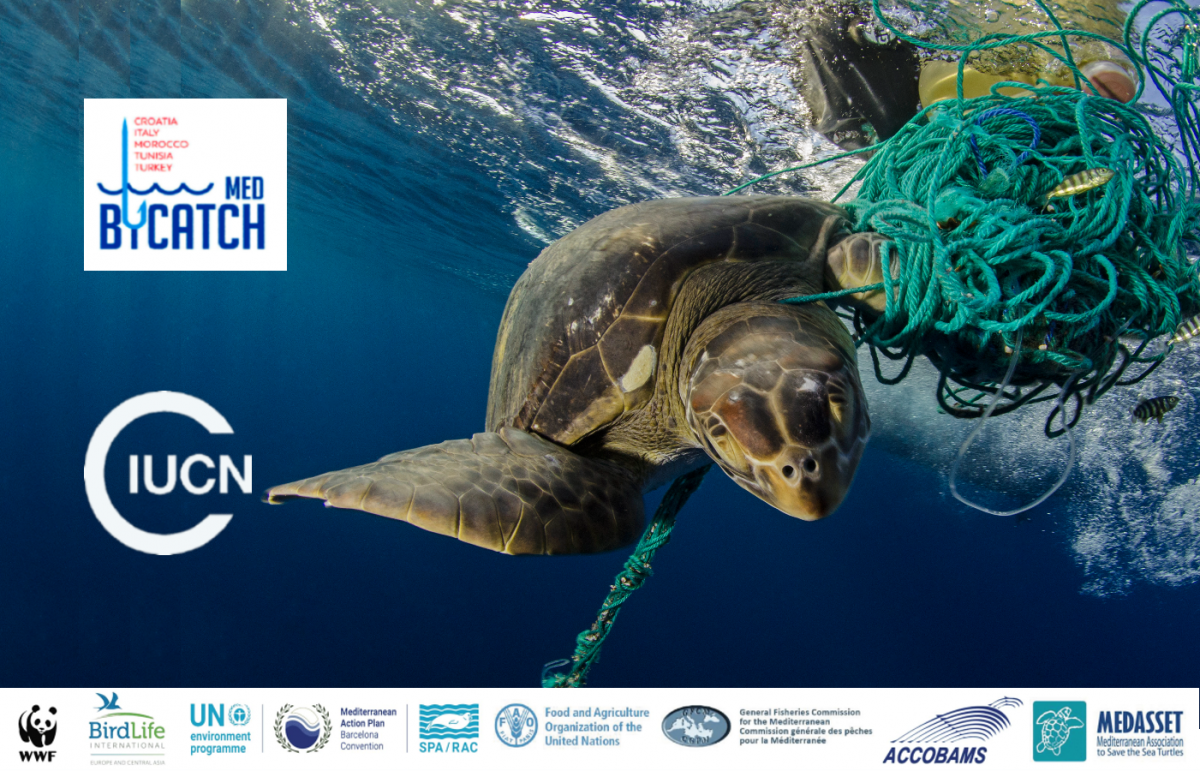Another Step Forward on High Seas Governance
The international community continues to make progress in its discussions on issues relating to the conservation and sustainable use of marine biological diversity beyond areas of national jurisdiction. At the eighth meeting of the UN Ad Hoc Open-ended Informal Working Group to study such issues (BBNJ Working Group), which took place from 16-19 June at the UN Headquarters in New York, the positive momentum of the seventh BBNJ Working Group meeting could be maintained.

Photo: Surfrider Foundation
Further support for starting the negotiation of a new implementing agreement under the United Nations Convention on the Law of the Sea (UNCLOS) seems to be developing, as a larger number of States is now constructively engaging in the discussions: a development to which the IUCN Environmental Law Programme and the IUCN Global Marine and Polar Programme have greatly contributed through their technical input in the past years.
Before the eighth meeting of the Working Group, both the Environmental Law Centre and the Global Marine and Polar Programme presented at two regional workshops organized by the Pew Charitable Trust for African States (in collaboration with the Governments of South Africa and Uganda) and CARICOM States (in collaboration with the Government of Jamaica) in order to raise awareness and build capacities on the critical issues under discussion within the Working Group. At these events, the Environmental Law Centre had the opportunity to inform Government representatives about possible approaches for regulating access and benefit-sharing (ABS) in relation to marine genetic resources from areas beyond national jurisdiction (which do not fall under the scope of the Nagoya Protocol on Access to Genetic Resources and the Fair and Equitable Sharing of Benefits Arising from their Utilization).
During the BBNJ Working Group, the Environmental Law Centre also organized a side event on ‘Research and Development on Marine Genetic Resources - Current Practices within the Marine Scientific Community’. This event brought together partners of two large international research consortia (PharmaSea and MicroB3) that the Environmental Law Centre advises on ABS legal and policy issues. The objective of the event was to provide a broad overview of different processes, opportunities and challenges in the marine biodiscovery pipeline, and to present what is already good practice within the marine scientific community and could be “upscaled” under a future international regime.
The Environmental Law Centre, in collaboration with the IUCN Global Marine and Polar Programme and other partners, had already prepared a series of briefs on issues related to the scope, parameters and feasibility of a potential international instrument for the seventh BBNJ Working Group meeting. These IUCN briefs explore different elements to consider in view of a future international instrument on conservation and sustainable use of biodiversity in marine areas beyond national jurisdiction.
IUCN Series of Policy Briefs on Scope, Parameters and Feasibility of an International Instrument on BBNJ (pdf, 6.0 MB)
The next meeting of the BBNJ Working Group will take place in January 2015. Then Governments will discuss draft recommendations for the UN General Assembly which shall take a decision (by the latest in August 2015) whether to start a negotiation process or not.



